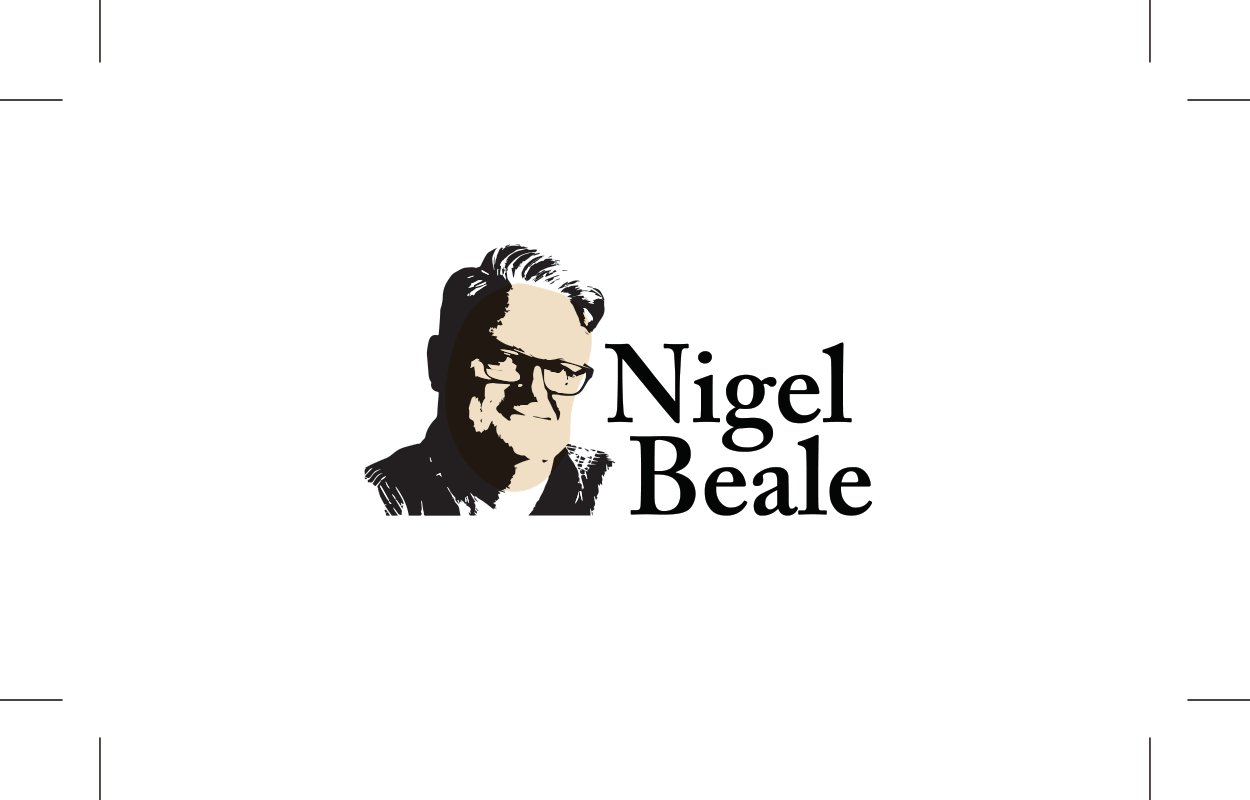On George Murray's poem "Hunter"

First appeared in ARC Poetry Magazine
In great poems, chosen words combine in ways which confer unique meaning memorably with resonance and power. The scent they produce infiltrates the mind, like body chemistry. I have good chemistry with this poem.
This poem starts with a blow which jolts the reader urgently from peace to panic. It is delivered by a narrator who says ominously ‘hush, this lion sleeps tonight.’ The wind no longer blows. A sombre, yet tense, insistent tone is set. The reader’s attention is dramatically gained; the opening is intriguing. Why the frozen stillness?
In great poems, chosen words combine in ways which confer unique meaning memorably with resonance and power. The scent they produce infiltrates the mind, like body chemistry. I have good chemistry with this poem.
This poem starts with a blow which jolts the reader urgently from peace to panic. It is delivered by a narrator who says ominously ‘hush, this lion sleeps tonight.’ The wind no longer blows. A sombre, yet tense, insistent tone is set. The reader’s attention is dramatically gained; the opening is intriguing. Why the frozen stillness?
This early tone grows loud with tension as the poem progresses. Good is set against evil; life against death; aridity, fecundity; forests, deserts; past , future. These juxtapositions serve to engage and delight the mind, to incite more questions. For example, many creatures roam these stanzas. Deer, bison, hoary goats, grizzlies, and blue foxes connote life, innocence, the pristine that faces destruction, death, humankind. Man himself, the rational savage, behaves stupidly.
A narrator describes ‘him’ to us; ‘he’ speaks directly in words biblical. Yeats’s apocalyptic vultures and falcons appear from 'The Second Coming', as do mythic references. Perhaps ‘he’ is a fearsome, pitiless, post-war desert beast with the body of a lion and the head of a man, who, though slouching, barely alive, speaks in the poem a hopeful prophesy, of a promised land, in language memorable both on its own, but also in its resonance, in its connection with the past.
The poem works then because it attaches itself to canonical words, pushes through intriguing sets of thin, thought-provoking binary opposites, looks at the horizon, and formulates a complicated commentary both on the globe’s future physical environment, and humankind’s perilous rejection of wise thinking in favour of greedy consumption. In short, the poem’s complex ambiguity invites engagement: it’s not too late to save the world from ignorant human behaviour. Alternatively, Murray himself has described the Hunter as angry, and the poem’s ‘Promised Land’ can just as easily be interpreted ironically, apocalyptically, as it can hopefully.
The poem succeeds because neither it, nor its central character is static. He changes, like most of us do, over time. The ‘he’ in the poem evolves from a dissatisfied beast into an insatiable destroyer, from a threatening spirit, to, in the end, a loving hopeful human being struggling simply to stay alive who is intent, possibly, on creating a better world–or at least on trying to save this one. Godlike, beaten, but not dead. Not yet, at least while there is still the capacity to ‘look up’, to hope, despite a barren landscape. Resurrected. Mail fisted.Murray’s repetition of the word ‘he’ (17 times in total) is hypnotic. It demands attention with an authoritative, almost accusatory voice: ‘He’ did it! I’m not sure the unrhymed couplets add to the poem’s meaning, but they do compound its message. They may also serve to present and emphasize all of the things ‘he’ says, in italics, and has done, out of them. Their consistent pattern belies and contradicts in an interesting way the change that occurs within ‘him.’ Toward the end of the poem, ‘he’ repeats “In this world” four times, with emphatic persuasive force. It is this world we must concern ourselves with.
From this height, however, there is a step down to “Reincarnation, he tells us when we beg, was removed from the list of reasons not to kill when we reached the point of more people alive on the planet than have ever lived and died in all of history and story;” the sole flaw I think on this poem’s path: too much information it seems is crammed in here; too much of the directly rational, political and polemic. In a turn however we are back to beauty, walking on moat water and sliding over windowsills.
A blended sense of anger at humanity’s stupidity, fear for the future of a cherished planet and the hope that exists to save it, result from the Hunter’s powerful use of imagery. We feel a cold desolate desert, a hopeful horizon glimpsed at from a pool of spilt blood.

